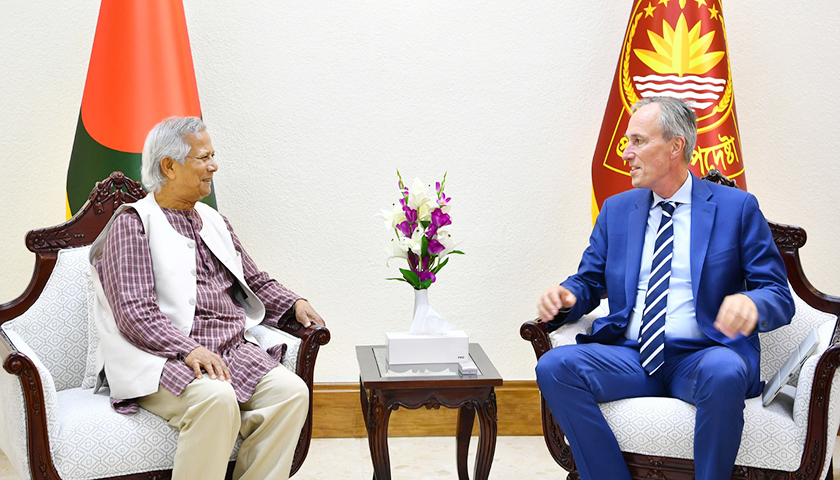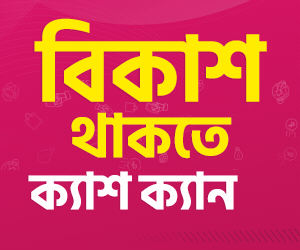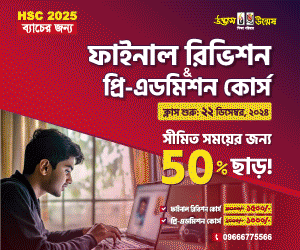The World Bank (WB) is ready to be part of key economic reforms of the Interim Government, a visiting top official of the multilateral lender said on Thursday (19 September).
Martin Raiser, a vice president of the World Bank, made the comments after meeting Chief Adviser Professor Muhammad Yunus at his Tejgaon office in Dhaka.

"Count on us. We are ready to help," Raiser said in response to the Chief Adviser's call for broader support for the Interim Government’s move to fix economy, clean up corruption and undertake key reforms in areas such as judiciary.
Raiser said the World Bank was "excited" by the government's reform agenda and he felt "it was worth visiting Bangladesh right now".
"There are so many expectations," he said.
The visiting World Bank Vice President said the lender was ready to support reforms in banking, taxation, customs, VAT, digitization , anti-corruption measures.
Professor Muhammad Yunus welcomed the bank's support, saying the Interim Government has got a broader mandate from the people to get rid of corruption and make a new start.
"This is the season of reforms. We want to start now," he said, adding the student-led mass uprising in July-August prepared the ground for big reforms in the existing system.
"We don't want to go back. It's a wholesale rejection of the past. It is a clean slate," he said.
Professor Yunus said outlined the reform initiatives his government has so far rolled out and added that in the economic front the top priority is corruption, labour reforms and youth.
He said the government would implement ILO conventions in labour reforms, which will boost foreign investors confidence in Bangladesh and also help local manufacturers gain international foothold.
“We want to get it done,” he said, adding Bangladesh should be a global player in sectors other than the Ready made garments.
Raiser appreciated the move to woo foreign direct investment, saying the annual FDI in Bangladesh is about half percentage of the country's GDP and was one of the lowest in the region.
Raiser said the World Bank also approved 700 million dollars for the Rohingya humanitarian crisis and for the host communities in Cox's Bazar.
The Chief Adviser said he was keen for support for the hundreds of thousands of young people who have been growing up in the Rohingya camps in Cox's Bazar.
"We have to focus on this," he said.
Lutfey Siddiqi, special envoy of the Chief Adviser, Lamiya Morshed, senior secretary and head of the SDG affairs, Abdoulaye Seck, the World Bank country director, and Shahriar Kader Siddiky, secretary of the economic relations division, also participated in the meeting.



